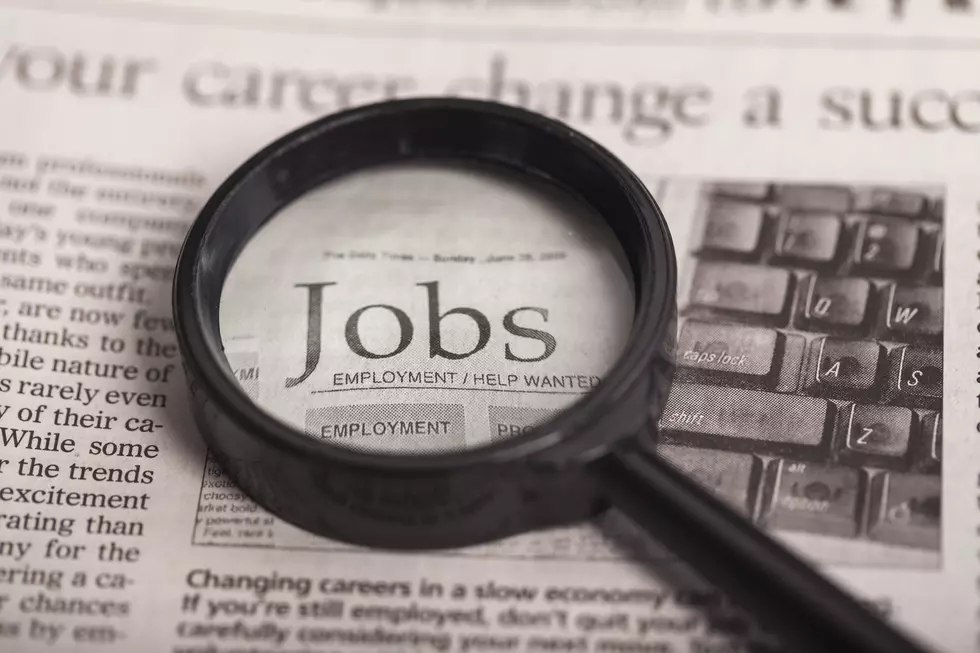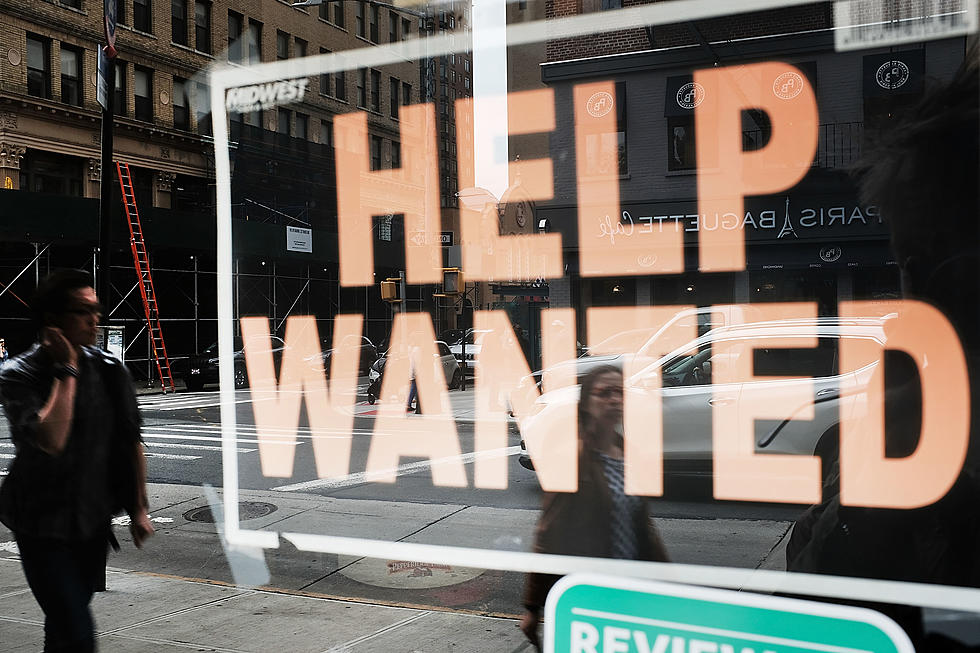![Americans Don’t Have Enough Emergency Savings, Study Finds [AUDIO]](http://townsquare.media/site/385/files/2011/11/BankVault.jpg?w=980&q=75)
Americans Don’t Have Enough Emergency Savings, Study Finds [AUDIO]
Fewer than one quarter of Americans have enough savings to cover at least six months worth of expenses, according to new research from Bankrate.com. Half of Americans have less than three months' expenses saved up, and another 27 percent have no emergency savings whatsoever.
An emergency fund is not a vacation fund; it's what people need to dip into when income stops flowing. The money inside can help pay for the things you can't live without, like food and housing.
"Unfortunately, this is not a surprise," said Michael Kay, President of Financial Focus in Livingston. "I think people forget the old hackneyed expression about 'pay yourself first.'"
Kay said when a paycheck comes in, a portion should immediately be devoted to savings. Then one can start worrying about the bills. He said too many people act in the opposite order.
Many employers offer paychecks through direct deposit for their workers, and that option can sometimes be spread among multiple accounts. According to Kay, it may be best for an employee to contribute a portion of earnings to an account they won't be tempted to touch.
How much money one should have on reserve, and how long it should last, depends on a number of factors. Someone who's self-employed with a less-steady income may want to be able to cover a year's worth of expenses in an emergency fund. However, someone with a solid position and a regular income may be safe with six months worth of coverage.
More From New Jersey 101.5 FM









